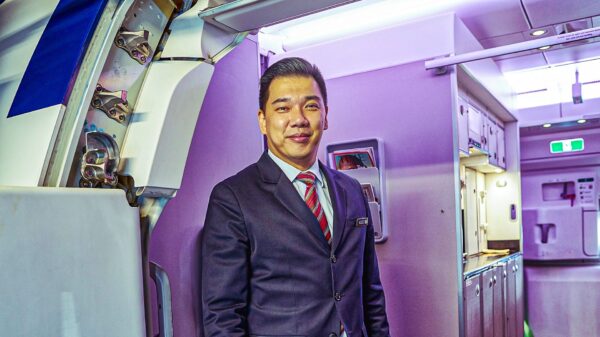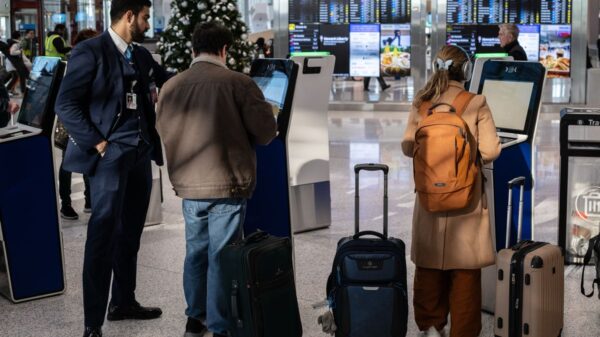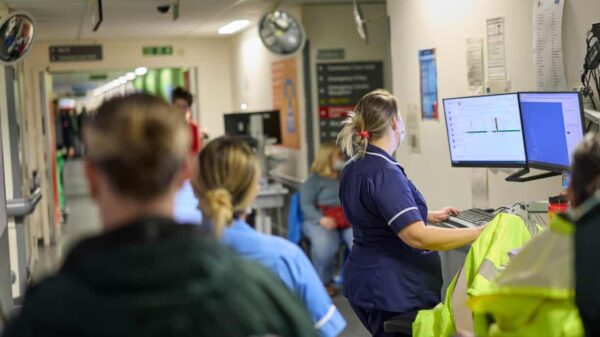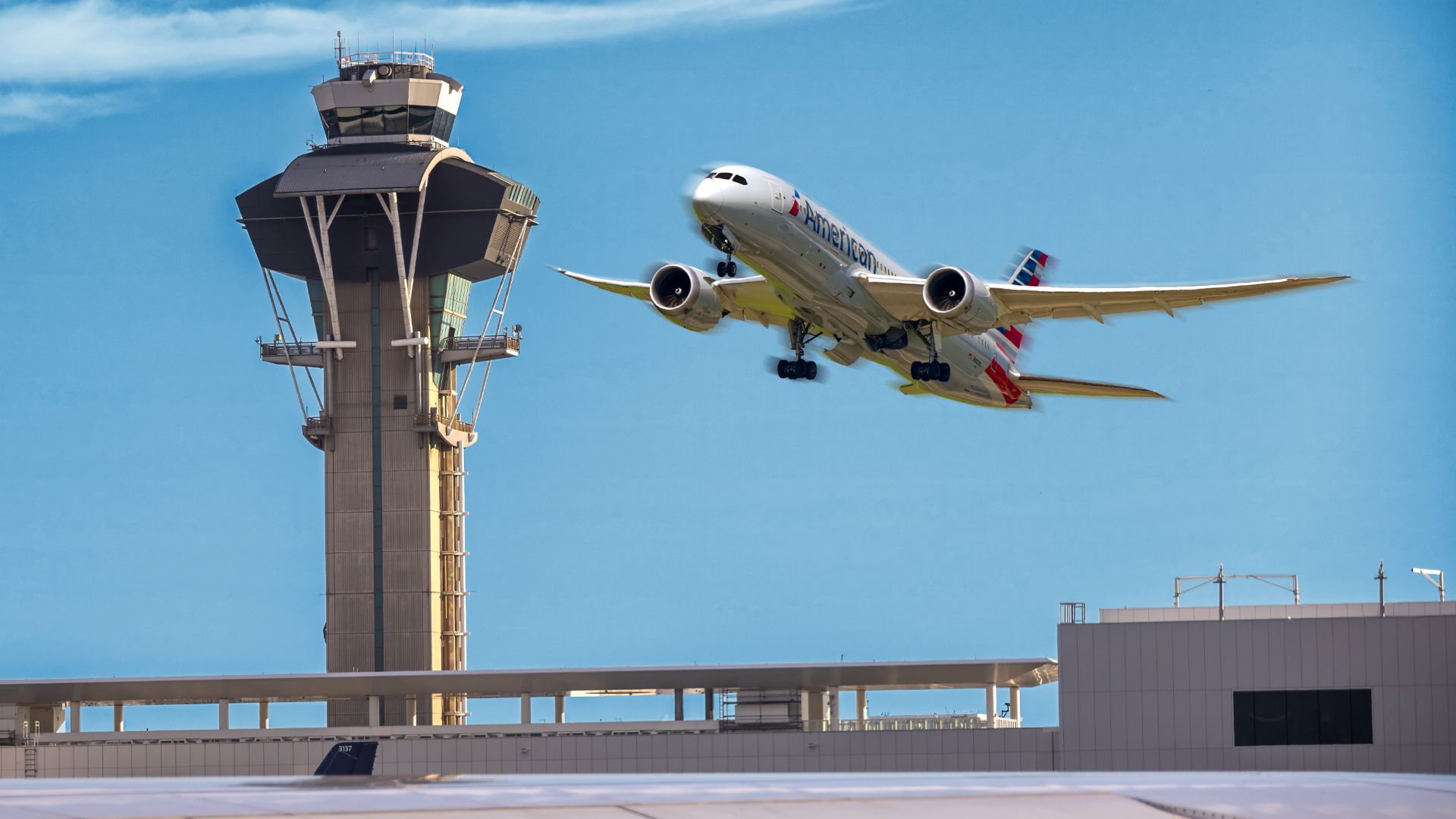As the United States government shutdown enters its fifth week, air traffic controllers are facing significant financial strain after missing their first full paychecks. With over 13,000 controllers deemed essential, many are struggling to make ends meet, leading to an uptick in sick leave and alternative employment. Major airlines across the country are stepping in to provide support, primarily through free meals at airports and airline hubs, as they call on Congress to resolve the ongoing crisis.
The ongoing shutdown has severely impacted the aviation sector. Air traffic controllers, who are required to work without pay, are dealing with heightened stress and deteriorating working conditions. This situation has worsened existing staffing shortages, resulting in widespread flight delays and cancellations at major airports, including Newark (EWR), Atlanta (ATL), and Chicago O’Hare (ORD). The Federal Aviation Administration (FAA) has reported that flight delays can average over an hour at some facilities, prompting concerns about aviation safety.
Despite the challenges, the FAA and the Department of Transportation (DOT) have stated that air travel remains safe due to contingency plans designed to manage capacity limits, such as delaying flights on the ground or rerouting traffic. Nevertheless, the financial pressures on controllers have caused many to take sick leave or seek secondary employment, further straining the already limited workforce.
Airlines Collaborate to Provide Relief
In response to the urgent needs of air traffic controllers, several major airlines are actively providing assistance. United Airlines, for instance, has organized meal donations at its hubs in cities like Chicago, Denver, and Los Angeles. A representative from United stated, “We appreciate the hardworking federal employees who are keeping the air travel system running.” Similarly, American Airlines has supplied meals at over seven airports, including sending “dozens of pizzas” to controllers at Dallas Fort Worth International Airport (DFW).
Delta Air Lines is also contributing by arranging meals for federal workers at their hubs, reinforcing the importance of supporting these critical professionals. A spokesperson emphasized that the missed paychecks only add to the stress of essential workers, many of whom are already working overtime to maintain safety in the skies. “It’s thanks to these federal employees that Delta is able to carry more than 500,000 daily customers on 5,000 daily flights,” they noted.
JetBlue and Southwest Airlines have joined the effort, coordinating with the FAA and TSA to offer meals at various locations. The Southwest Airlines Pilots Association (SWAPA) is also advocating for an end to the shutdown, highlighting the unity among aviation professionals to support their colleagues in federal service.
Potential Consequences of Continued Shutdown
The ongoing crisis raises concerns about the potential impact on air travel, particularly with the Thanksgiving holiday travel surge approaching. Experts warn that if the current situation persists, up to 30% of flights could be cancelled during this peak period. The FAA’s response to controller staffing issues has included slowing air traffic and implementing ground stops, leading to thousands of disruptions in flight schedules.
Transportation Secretary Sean Duffy has cautioned that without a resolution, air traffic controllers could miss additional paychecks, which may lead to “mass chaos” in air travel. He stressed that the current staffing strain increases risks, potentially compromising safety. This situation could necessitate closing parts of U.S. airspace as a last resort to prevent incidents.
The shutdown, which began on October 1, 2025, is now the longest in U.S. history. It stems from a partisan stalemate over funding bills, particularly concerning the Affordable Care Act (ACA). The Department of Transportation is facing pressure to address the implications of the shutdown on air travel, with leaders from various airlines urging Congress to allocate more funding to hire and train new controllers.
This crisis underscores the critical need for government action to ensure the safety and efficiency of the U.S. aviation system. As airlines continue to lend support to air traffic controllers, the broader implications of the ongoing shutdown remain a pressing concern for travelers and industry professionals alike.








































































